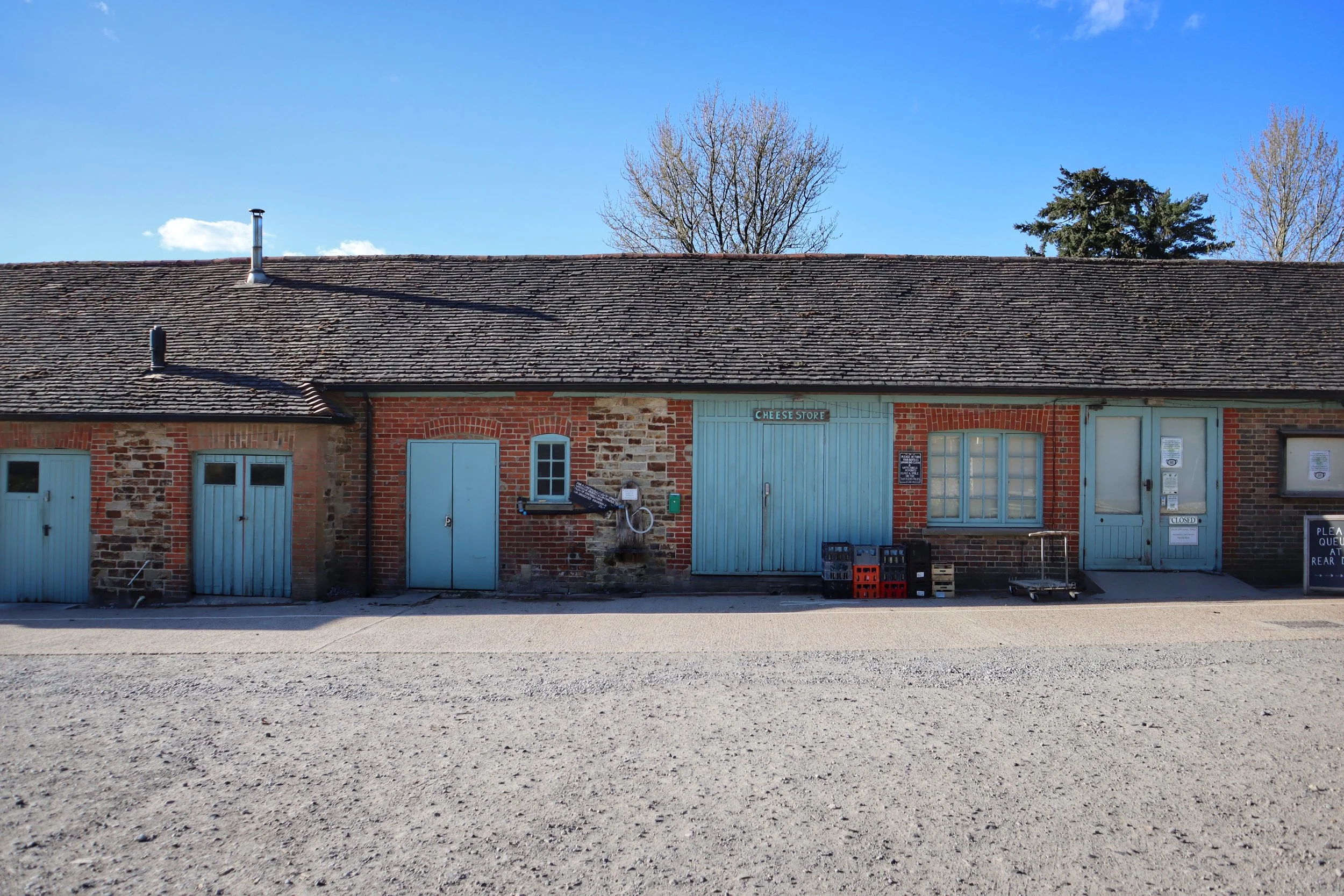Bull calves
Robin Hall
One of the contentious issues about modern dairy farming is the fate of bull calves. Intensive breeding for milk production has led to a situation where dairy bull calves do not have the economic potential to grow for beef and are therefore regarded as having no value.
However, “dual purpose” breeds such as the Meuse-Rhine-Issel that we keep at Plaw Hatch are a better option. Although they produce less milk than the common Holstein-Friesian cow, one of the benefits of these cows is that their bull calves grow into robust steers that produce excellent beef. Demeter standards require that these calves are fed on fresh milk for 12 weeks. At weaning they receive some oats for a few weeks, after which they are entirely grass-fed.
At Plaw Hatch we also have a Sussex bull (a beef breed) and so I am currently raising a mixed group of his offspring (all brown) and dairy heifers and steers (brown and white).
With this group is Daisy, the “granny” cow, who is 19 years old. Daisy is retired now, and we keep her with the youngsters in the belief that a family group benefits from the presence of the elderly.







